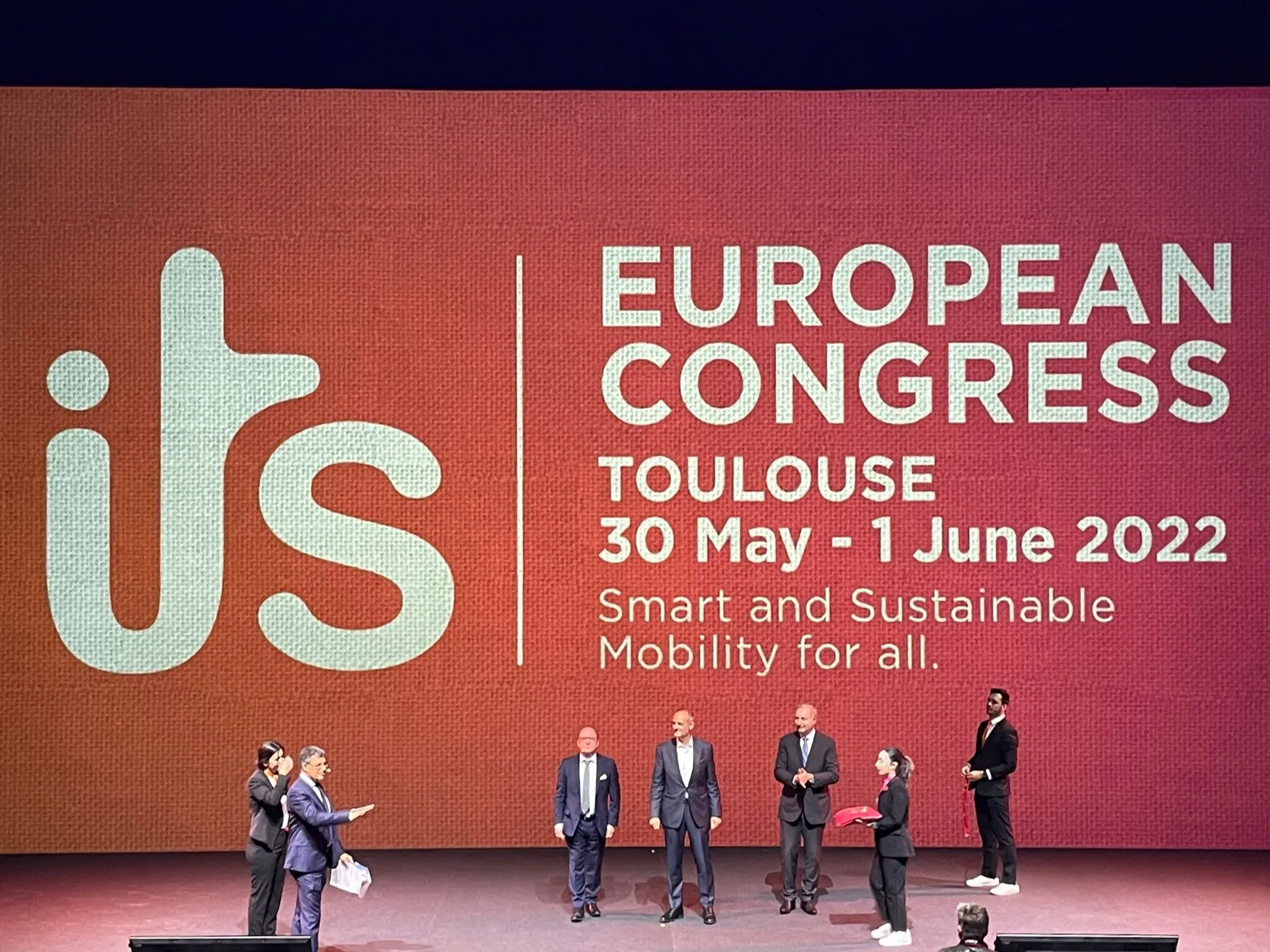The LoCITY programme has taken its first steps to improve air quality in London by publishing data to help increase the availability and uptake of low emission vans and lorries, following its initial four months’ research.
The research demonstrates that to reduce freight’s impact on London’s air quality the use of low emission commercial vehicles must be increased. It has also revealed some of the key barriers that are holding back the use of low emission vehicles. One area highlighted is a lack of info
May 26, 2016
Read time: 2 mins
The LoCITY programme has taken its first steps to improve air quality in London by publishing data to help increase the availability and uptake of low emission vans and lorries, following its initial four months’ research.
The research demonstrates that to reduce freight’s impact on London’s air quality the use of low emission commercial vehicles must be increased. It has also revealed some of the key barriers that are holding back the use of low emission vehicles. One area highlighted is a lack of information about the capabilities, benefits and requirements of ULEVs. Without this information operators can find it hard to justify the purchase of low emission vehicles. A lack of impartial information on alternative fuels and infrastructure has been identified as a further problem. LoCITY aims to become the trusted source of advice and guidance for fleet operators to make informed purchasing decisions on low emission vehicles.
LoCITY is an industry-led programme helping the freight and fleet industry reduce its impact on air quality by increasing the use of ultra low emission vehicles (ULEVs).1466 Transport for London (TfL) is part funding and monitoring LoCITY to ensure it is a success. More than 600 organisations from across the commercial vehicle industry, government and academia are already working together on the programme to make the widespread use of low emission commercial vehicles a reality.
LoCITY aims to create new environmental operating standards and contractual clauses which will help anyone buying goods or services to specify the use of low emission vehicles.
It will also investigate, through research and trials, the impact of cleaner vehicles on business operations, to bust myths and give confidence to operators who may be considering adding low emission vehicles to their fleets.
According to Mike Brown MVO, London's Transport Commissioner the industry has an important role to play in saving lives by improving our air quality, and over the next five years LoCITY will play an important role in helping increase the take up of low emission commercial vehicles.
The research demonstrates that to reduce freight’s impact on London’s air quality the use of low emission commercial vehicles must be increased. It has also revealed some of the key barriers that are holding back the use of low emission vehicles. One area highlighted is a lack of information about the capabilities, benefits and requirements of ULEVs. Without this information operators can find it hard to justify the purchase of low emission vehicles. A lack of impartial information on alternative fuels and infrastructure has been identified as a further problem. LoCITY aims to become the trusted source of advice and guidance for fleet operators to make informed purchasing decisions on low emission vehicles.
LoCITY is an industry-led programme helping the freight and fleet industry reduce its impact on air quality by increasing the use of ultra low emission vehicles (ULEVs).
LoCITY aims to create new environmental operating standards and contractual clauses which will help anyone buying goods or services to specify the use of low emission vehicles.
It will also investigate, through research and trials, the impact of cleaner vehicles on business operations, to bust myths and give confidence to operators who may be considering adding low emission vehicles to their fleets.
According to Mike Brown MVO, London's Transport Commissioner the industry has an important role to play in saving lives by improving our air quality, and over the next five years LoCITY will play an important role in helping increase the take up of low emission commercial vehicles.










